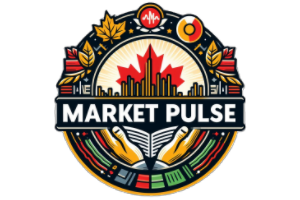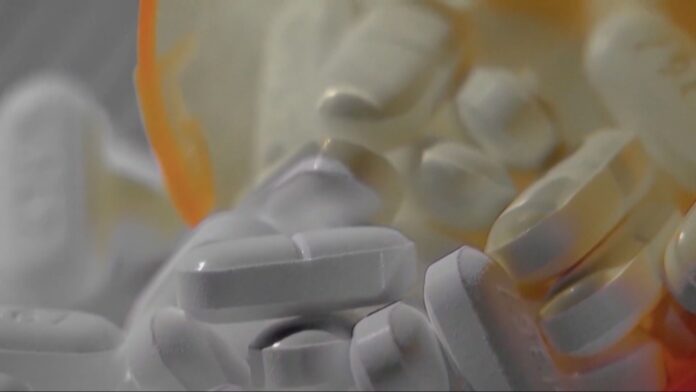New data shows opioid-related deaths and hospitalizations are down in Canada, but provincial data paints a different picture.
In Quebec, drug related deaths jumped 30 per cent in the first half of 2024, according to the public health institute (INSPQ).
Christian Boivin lost his 15-year-old son, Mathis, to an overdose in December of 2023 and he says not enough is being done to prevent overdoses.
“We think about Mathis all the time, all the time,” he said. “Even if it’s more than a year now, it’s like yesterday for us.”
Mathis overdosed on Nitazene, a synthetic opioid five times stronger than fentanyl.
His father fears that illicit drugs are increasingly potent.
“It’s more dangerous than before, and it’s going to continue to go like this,” said Boivin.
Emergency room visits for possible opioid poisonings were up 38 per cent compared to a year prior.
“The majority of the public health crisis around opioids and overdoses does not come from prescribed opioids but most of it is fentanyl that we find on the street and so on,” said psychologist Dr. Gabrielle Page.
When it comes to prescribing opioids, it’s about finding a balance between the potential benefit and risk of the medication, she said.
“We also know that for a subgroup it can lead to substance misuse or larger problems down the road,” said Page.
Almost 50,000 opioid-related deaths have been recorded in Canada since 2016, but new data from Health Canda shows that the national number is dropping.
Numbers from January to June show a decline of more than 55 per cent between 2023 and 2024.
In Quebec, the INSPQ reported 363 opioid overdose related deaths between January and September in 2023, and 485 in the same period in 2024. The numbers from October to December have not be released yet.
Boivin still feels there is work to be done.
“It’s a silent crisis,” he said. “Government, yes they put money, but is it enough? I’m not sure… We talk about it but we don’t do enough to prevent, to help.”
Boivin encourages parents to talk to their children about drugs and the risks involved.
“You have to educate yourself,” he said. “What are the symptoms? What is harm reduction? Do you have naloxone at home? You have to be more involved as a parent to be sure it doesn’t ever happen to your kid.”

